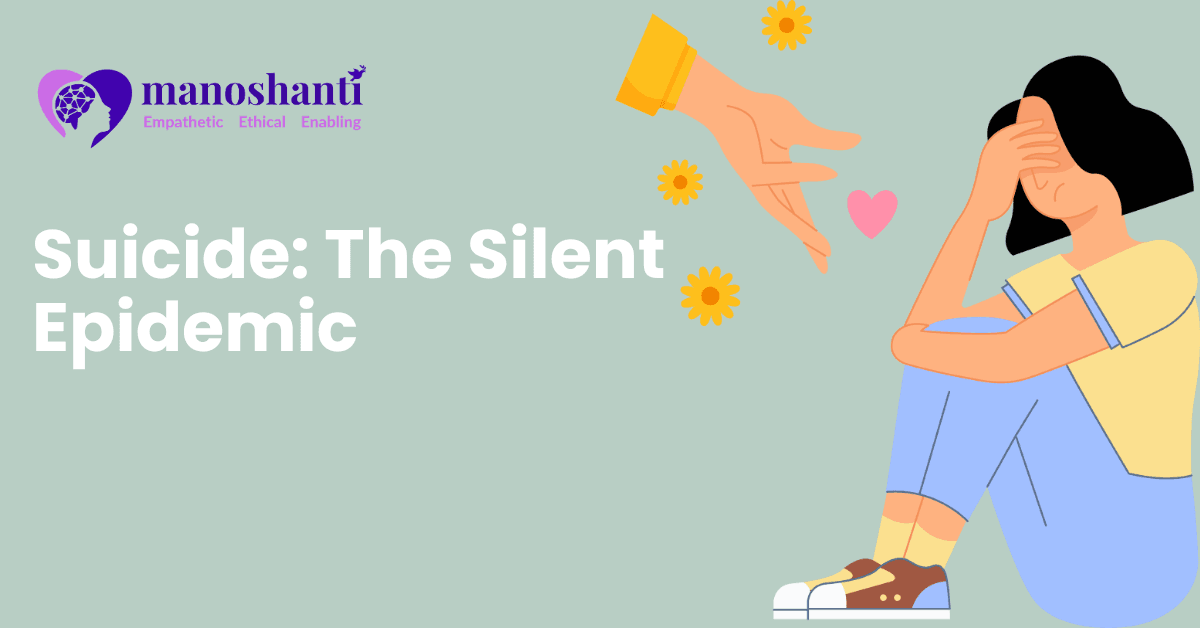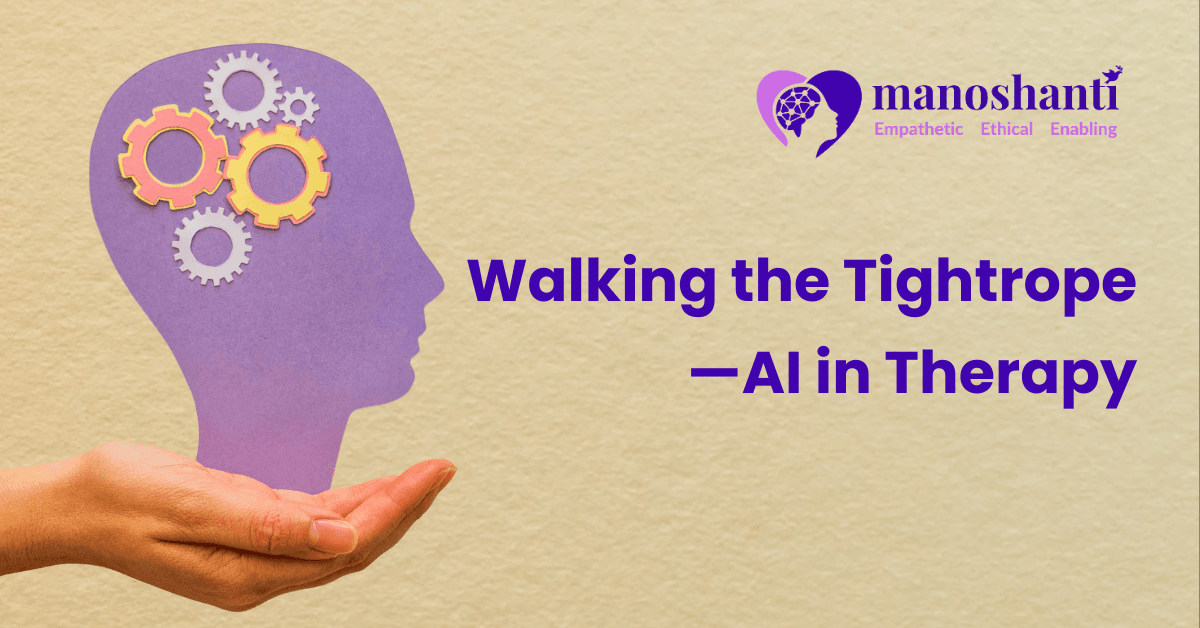Recently, a patient sent me a photo of a newspaper headline claiming that antidepressants, anti-anxiety medications, or sleep aids may increase the risk of a rare neurological disorder: amyotrophic lateral sclerosis (ALS). The patient, who had made a good recovery from depression, wanted to stop her medication out of fear.
This is a common and dangerous outcome of sensational health journalism. While public awareness is important, fear-driven reporting—especially without scientific context—can result in patients abruptly discontinuing medications that are helping them recover. The result? Increased risk of relapse, suicidal thoughts, and long-term disability.
Let’s unpack this issue by understanding what the study really says, and why context, perspective, and clinical judgment matter more than clickbait headlines.
Correlation Isn’t Causation
The foundation of scientific literacy starts with this principle: just because two things happen together doesn’t mean one causes the other.
Many studies report statistical associations, like finding that people who used antidepressants had a slightly higher rate of ALS. But these are correlations, not proof of causation.
Why might this happen? ALS can initially present with vague symptoms such as fatigue or mood changes—symptoms that also overlap with depression. So it’s entirely possible that someone in the early, undiagnosed stages of ALS gets prescribed an antidepressant. This phenomenon is called protopathic bias, where treatment is started for early symptoms of a disease not yet formally diagnosed.
To prove causation, scientists require:
- Multiple studies showing consistent findings
- A known and confirmed biological mechanism
- A clear dose–response relationship (higher doses leading to higher risk)
- Elimination of all other plausible explanations
The current data on antidepressants and ALS fail to meet these criteria.
Understanding Relative vs. Absolute Risk
Headlines might report:
“Antidepressants linked to 26% higher risk of ALS.”
That sounds dramatic. But what does it mean in real-world numbers?
- Baseline risk of ALS: ~2 in 100,000 people per year
- With a 26% increase: 2.52 per 100,000 per year
- That’s an absolute increase of just 0.52 additional cases per 100,000 people annually
- Or roughly 0.005 additional cases per 1,000 people
Put simply: if 1,000 people take antidepressants for a year, fewer than one in 100,000 might be affected by this increased risk.
In contrast, depression affects more than 260 million people worldwide, and it’s the leading risk factor for suicide.
Relative risk sounds scarier than it is. Always ask for absolute numbers before panicking.
The True Danger: Untreated Depression
Depression is not just sadness. It’s a serious medical condition that impacts a person’s thoughts, behavior, relationships, and overall functioning.
Left untreated, it can result in:
• Suicidal thoughts and behaviors
• Disability (measured in DALYs, or disability-adjusted life years, it ranks among the top causes worldwide)
• Increased risk of physical illnesses, such as diabetes and heart disease
• Loss of work productivity, relationships, and quality of life
While antidepressants are not the only treatment, they are essential tools—especially in moderate to severe depression—and often life-saving.
In contrast to the tiny, theoretical risk of ALS, the risks of untreated depression are immediate and well-documented.
What Does Research Actually Say About Antidepressants and ALS?
One large Swedish study found that people who had filled prescriptions for antidepressants had a slightly higher rate of ALS diagnoses in the years that followed. This fueled the media frenzy.
But a closer look reveals several important points:
• ALS is extremely rare. Even massive national drug safety databases have not flagged antidepressants as a common cause.
• There’s no established biological mechanism linking antidepressants to motor neuron degeneration.
• Other factors—such as genetics, lifestyle, or inflammation—may explain both depression and ALS risk.
So far, the available data suggest a modest association that requires more study, not proof of harm.
A Balanced, Evidence-Based Approach to Treatment
Every medical decision is a risk–benefit analysis. The decision to use antidepressants should be made based on individual symptoms, medical history, and personal preferences, not headlines.
Here’s a step-by-step framework clinicians and patients can follow:
1. Comprehensive psychiatric evaluation
o Confirm the diagnosis of depression.
o Rule out neurological or systemic symptoms needing further evaluation.
2. Start with non-drug treatments (for mild cases)
o Cognitive Behavioral Therapy (CBT), interpersonal therapy
o Exercise, nutrition, sleep hygiene, and social engagement
3. Prescribe antidepressants for moderate to severe depression
o These medications can reduce suicidal ideation and restore normal functioning.
o Choice of medication depends on the person’s physical health and side effect profiles.
4. Ongoing monitoring and adjustment
o Regular check-ins for progress, side effects, or the need to switch drugs
5. Patient education
o Explain relative vs. absolute risk clearly
o Reinforce the importance of adherence to prevent relapse
6. Build a therapeutic alliance
o Encourage open communication
o Validate concerns and provide science-backed reassurance
Health Communication: Everyone’s Responsibility
It’s not just doctors who have a role in this—media outlets, health influencers, and policy makers must also be responsible in how they present health information.
- Clarify the difference between correlation and causation
- Present absolute risks, not just relative percentages
- Avoid using fear as a communication tool
Balanced communication helps people make informed, rational decisions, rather than react out of anxiety.
Final Word: Context Over Headlines
Yes, one study found a small statistical uptick in ALS diagnoses among people who had used antidepressants. But this is not proof that the medication caused the disease. And even if the association is real, the absolute risk remains tiny.
On the other hand, untreated depression can devastate lives—with well-documented outcomes like suicide, disability, and suffering.
- When choosing treatment, don’t let fear win over facts.
- Work with a qualified mental health professional.
- Focus on the proven benefits: reduced suffering, restored functioning, and even saved lives.





